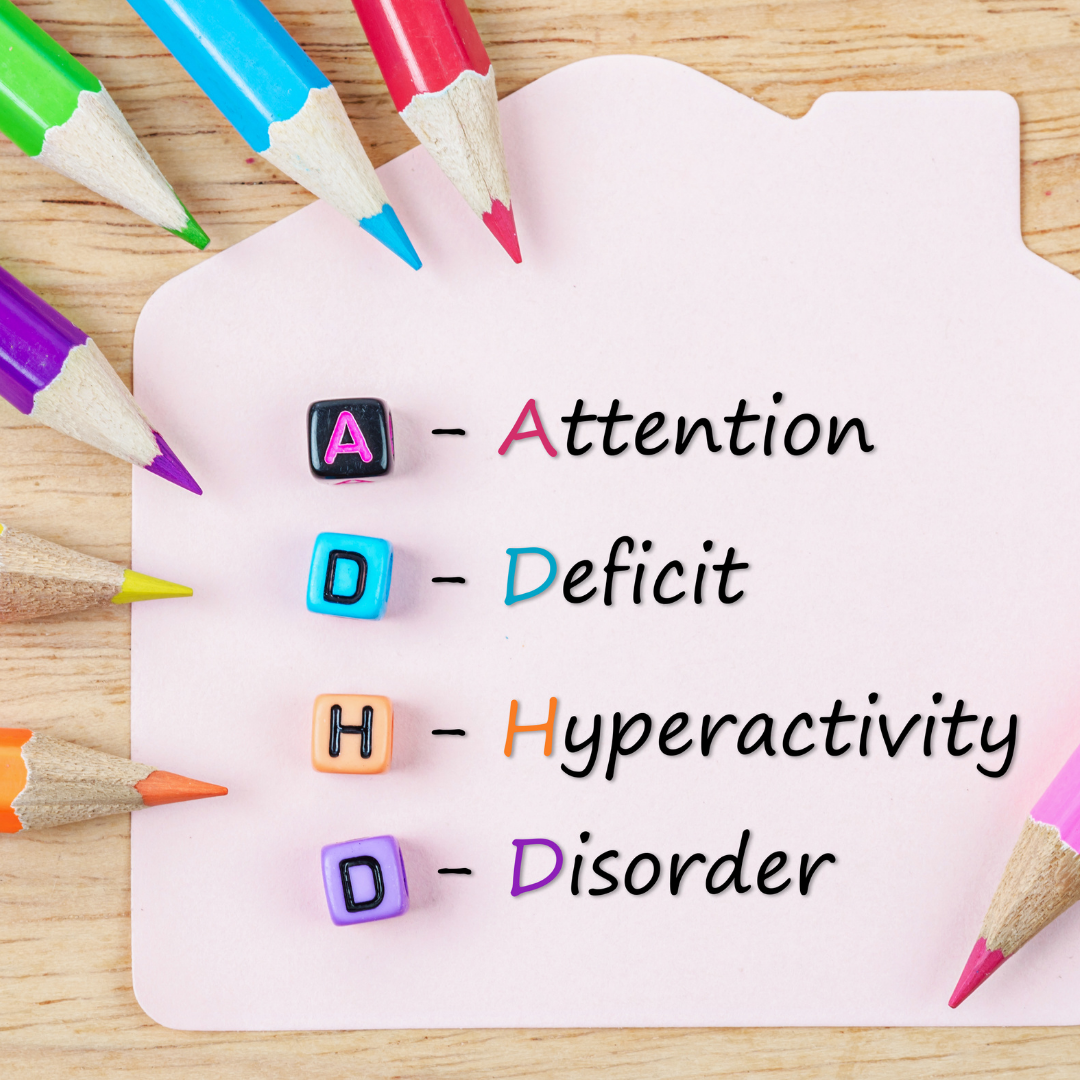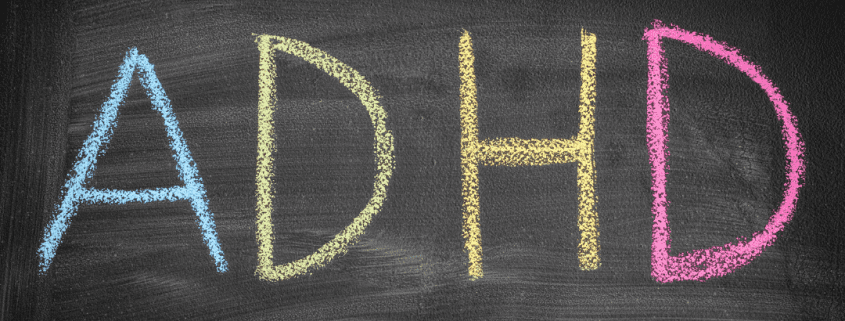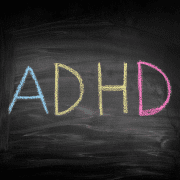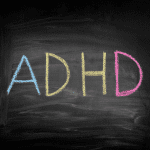Attention Deficit/Hyperactivity Disorder (ADHD) – Part 1

This is the first of a two-part series on ADHD in France. In this part, I will tell you the basics of ADHD and how it is perceived in France. The second part will be a more practical guide on what to do if your child has an ADHD diagnosis and you are moving to France, or if you already live in France and suspect that your child might have attention deficit problems.
Attention deficit/hyperactivity disorder is a neurodevelopmental diagnosis that children and adolescents commonly receive. It is increasingly recognized in adults as well. The latest research indicates that there is no significant difference in numbers of cases between North America and Europe. However, there are major differences between the United States and France in how the diagnosis is made and how children with this problem are handled, both by the medical establishment and in school. In French, ADHD is called “TDAH” (Trouble deficit de l’attention/hyperactivité).
Attention deficit/hyperactivity disorder is characterized by problems with sustained attention, impulse control and activity level. Currently, there are three types of attention deficit disorders recognized by the psychiatric community:
- ADHD predominantly inattentive type is diagnosed when the child is mostly plagued by difficulties with keeping his/her attention focused for a time and at a level thought to be typical of his/her age. This child is often seen as dreamy or “lost in space.” He/she may have difficulties paying attention in class and completing homework, following through on assignments or activities, and organizing and structuring work or other tasks. He/she is often forgetful, loses things and is easily distracted.
- ADHD predominantly hyperactive-impulsive type is diagnosed when a child has great difficulty sitting still or has a level of physical activity which is thought to be significantly greater than the norm. This child is often seen as “bouncing off the walls,” fidgets, has trouble waiting his/her turn, talks excessively, blurts out answers, interrupts conversations, and is often described by teachers as being disruptive in class.
- ADHD combined hyperactive-impulsive and inattentive type is diagnosed when a child has trouble with both attention and is also hyperactive and impulsive.
In all cases, to receive this diagnosis, the symptoms must have begun before the age of twelve years and persist for at least six months. Symptoms must be present in at least two spheres of the child’s life (e.g., home and school) and there must be significant disruption or interference with adaptive social, academic, or occupational functioning.

In France, historically, ADHD has not been recognized as a condition. Since child psychiatry was long in the hands of psychoanalytically trained psychiatrists, such behavior was seen as a manifestation of anxiety or of another emotional disturbance. Often this behavior pattern was considered to be the result of poor or inadequate parenting. However, slowly over the past 20 years, there has been increasing recognition among French psychiatrists and psychologists of ADHD as a valid diagnosis that requires proper identification and treatment. There are now, particularly among younger child psychiatrists and psychologists, many who understand ADHD, know how to diagnose it and are competent in prescribing or referring children for appropriate and empirically validated treatment modalities.
Energy is building and awareness of the needs of children with ADHD is growing throughout Europe. In terms of helping individual children in France, awareness of ADHD is growing, thanks largely to the efforts of advocacy groups. Lawmakers and school administrators are responding and are beginning to tackle the challenge of educating children with learning and behavioral differences. In 2015, “Guidelines to follow for children and adolescents suspected of having ADHD” was published by the Haute Autorité de Santé (the French Health Authority). You can find the document here in French. It provides recommendations for appropriate practice to help physicians identify cases of ADHD, recommend proper diagnostic and evaluation procedures, and indicates procedures for coordinating treatment among the primary physician and the treating specialists. Unfortunately, these recommendations are not always followed by French physicians. Be careful, knowledge of ADHD is evolving all the time, so you might find yourself talking to a physician or a psychiatrist with some knowledge but who still holds outdated notions about the condition.
If you want an evaluation or treatment at the hospital, the wait is often several months long; you will need a letter of referral from a physician before you can be put on the waiting list. Alternatively, you can call the psychiatry department at Hôpital Robert Debré and ask for a referral to a psychiatrist in private practice. Slowly, other major hospital child psychiatry departments are becoming more familiar and competent in dealing with ADHD.
If you suspect your child has ADHD, you should consult a competent psychiatrist. You may also, especially if you and/or your child are not yet fluent in French, make an appointment with one of many Anglophone psychologists trained abroad, who, unlike their French counterparts, are used to recognizing ADHD, and can provide counseling and make appropriate referrals if needed. You can find such practitioners on SPRINT, an interdisciplinary group of professionals who work with English-speaking children with special needs. For French speakers, HyperSupers – TDAH France, is a large parent support association with a volunteer network established throughout the country. The association website outlines the steps that should be taken to acquire special provisions for your child at school and your local association volunteer can steer you to the appropriate professionals and parent support group in your region. Another source of information and support is a parent association called EKIPP (Extraordinary Kids in Paris and Parents Too) which is a parent support and information network for parents of kids with various types of difficulties, including ADHD.
In Part 2 of this article, I will go through the proper procedures for a good ADHD assessment. Stay tuned!
-Mia Vieyra
About Mia Vieyra
Mia Vieyra is an American clinical psychologist, who has a large private practice in Paris, where she has practiced since 1992. She sees children, adolescents and adults. One of her areas of expertise is the assessment and treatment of ADHD. She is a longstanding AAWE member.









Leave a Reply
Want to join the discussion?Feel free to contribute!